Resources
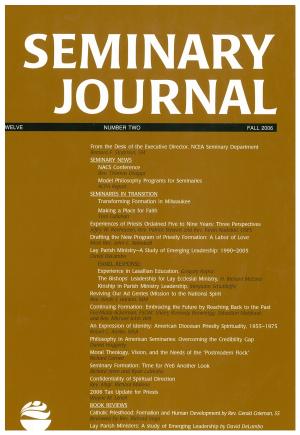
Journal Issue.
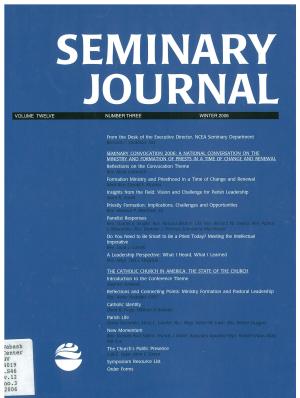
Journal Issue.
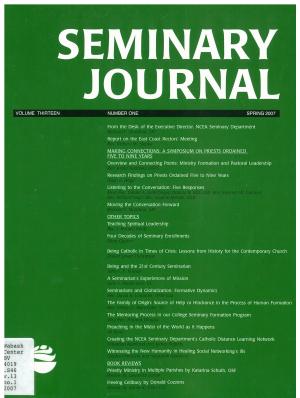
Journal Issue.
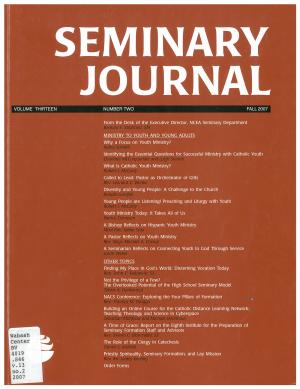
Journal Issue.
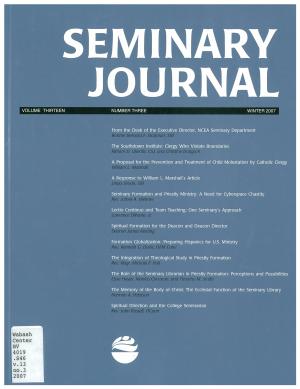
Journal Issue.
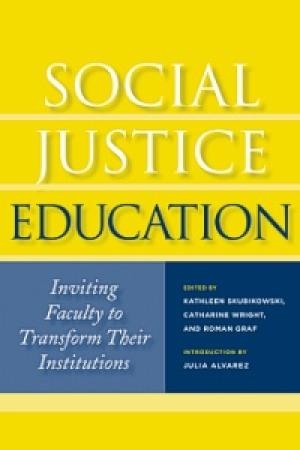
This book grew out of a project – involving deans and directors of teaching centers and diversity offices from six institutions – to instigate discussions among teachers and administrators about implementing socially just practices in their classrooms, departments, and offices. The purpose was to explore how best to foster such conversations across departments and functions within an institution, as well as between institutions. This book presents the theoretical framework used, and many of the successful projects to which it gave rise. Recognizing that many faculty have little preparation for teaching students whose backgrounds, culture, and educational socialization differ from theirs, the opening foundational section asks teachers to attend closely to their and their students’ relative power and positionality in the classroom, and to the impact of the materials, resources and pedagogical approaches employed. Further chapters offer analytical tools to promote inquiry and change. The concluding sections of the book demonstrate how intra- and inter-institutional collaborations inspired teachers to rise to the challenge of their campuses’ commitments to diversity. Among the examples presented is an initiative involving the faculty development coordinator, and faculty from a wide range of domains at DePauw University, who built upon an existing ethics initiative to embed social justice across the curriculum. In another, professors of mathematics from three institutions describe how they collaborated to create socially just classrooms that both serve mathematical learning, and support service learning or community-based learning activities. The final essay by a student from the Maldives, describing how she navigated the chasm between life in an American college and her family circumstances, will reinforce the reader’s commitment to establishing social justice in the academy. This book provides individual faculty, faculty developers and diversity officers with the concepts, reflective tools, and collaborative models, as well as a wealth of examples, to confidently embark on the path to transforming educational practice. (From the Publisher)
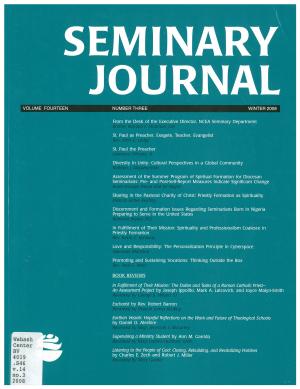
Journal Issue.
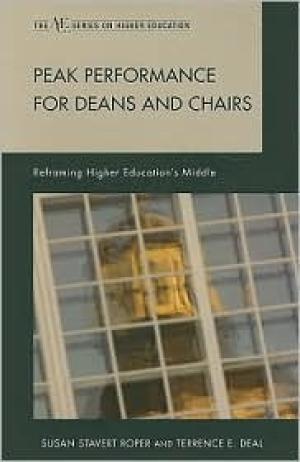
This book analyzes the behavior of chairs and deans through the political, structural, human resources, and symbolic frames. Lessons learned from the negative as well as the positive scenarios are highlighted, enabling deans and chairs to easily adapt them to their own situations. (From the Publisher)
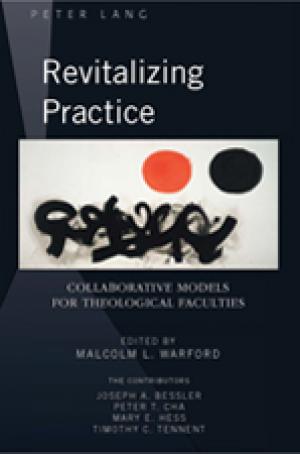
Revitalizing Practice is designed to help theological faculties engage a common set of challenges, particularly in the areas of diversity, formation, and institutional identity. These are not technical problems but are instead the very stuff out of which teaching and learning are practiced. Yet addressing such issues requires intentional strategies and collaborative work. Revitalizing Practice offers four such intentional strategies: «A New Ecology Model», «An Improvisational Model», «An Appreciative Inquiry Model», and «A World Café Model». Each of these models provides a thorough and practical framework (based on sound theoretical concepts) designed to help faculties revitalize their practices of theological teaching and learning. (From the Publisher)
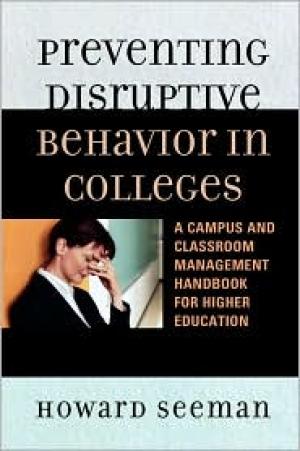
This book helps college instructors not just handle, but prevent these real-life disruptions in higher education so as to not lower learning standards. The book includes guidelines for preventive skills that respect the teaching style of the instructor/professor. Included are: concrete examples of problems and their prevention/solution; help with creating a Course Syllabus that curtails these problems; and training exercises to practice these skills. (From the Publisher)